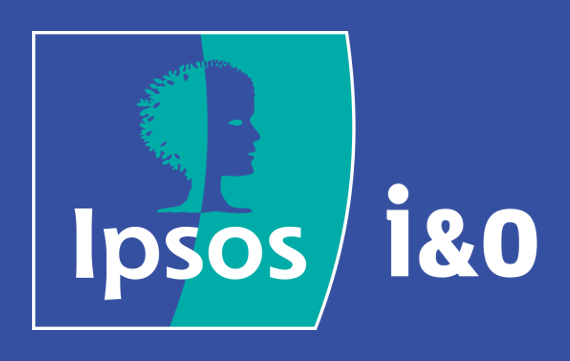Ipsos Update - September 2018
This month we start with our latest What Worries the World study, finding that 58% of people overall feel their country is on the wrong track. Citizens in Brazil, Peru, and South Africa cite the highest levels of concern, while those in China, Saudi Arabia and India are most optimistic about the direction of their country.
India is also the focus of our new case study exploring social media data – now recognised as a goldmine for consumer insights and becoming an intrinsic part of consumer research. The paper sets out how we can help marketers maximize its full potential.
Meanwhile, our paper on mystery shopping in the luxury industry showcases knowledge and advice from three experienced mystery shopping experts, setting out the techniques top-end retailers use to maintain an excellent customer experience and how we can design luxury mystery shopping programmes to benefit retailers of any calibre.
On the subject of luxury, our new affluent travel study explores the travel trends of some of the world’s wealthiest. With affluents increasingly searching for unique experiences, rather than growing their material possessions, the luxury travel market is booming.
Shifting our attention to healthcare, this connected health article explains how, at a time when millions of people now use digital technologies such as smartphone apps to track their health, the rise of health data is transforming the industry.
Apps are also the topic of our report investigating the potential of mobile apps and websites as an effective advertising channel, showing how in-app ads can help to reach decision makers and drive action.
Meanwhile, our women and water study examines the gendered impacts of water programmes. The two-part report includes findings from our primary research across three countries - Rwanda, Swaziland and Nigeria. The outcome of the study is a tool that can be used by development practitioners to understand how applying a gender lens to their water programming can lead to greater empowerment impacts for women.
Finally, Serbia under a magnifying glass provides an overview of the current economic and demographic shape of Serbia, including a focus on shopping habits, advertising, and digital consumption.


![[Webinar] KEYS: What can we learn from what happened in 2025?](/sites/default/files/styles/list_item_image/public/ct/event/2025-12/keys-webinar-what-happened-in-2025-carousel.webp?itok=1gJKCCxx)
![[Webinar] KEYS: THE MIDDLE CLASS: In Crisis?](/sites/default/files/styles/list_item_image/public/ct/event/2025-10/middle-class-family-dinner-food-carousel.webp?itok=iD1QyX8n)